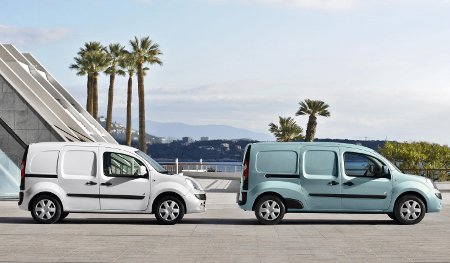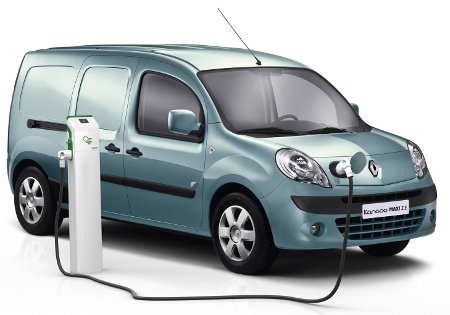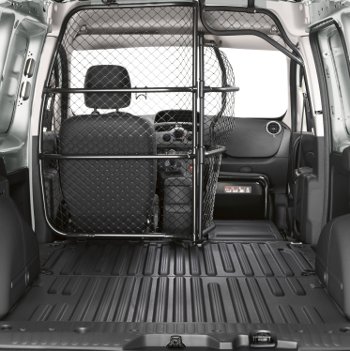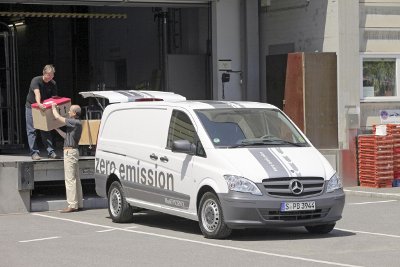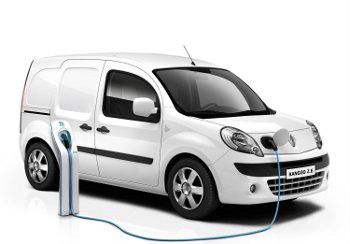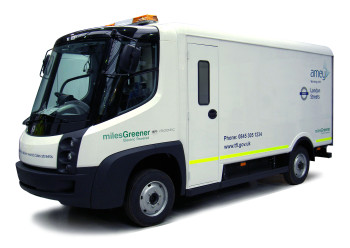Nearly four years after I first wrote about the problems caused by the EU’s fetish for biofuels (also see here and here), said EU has finally introduced a certification scheme for biofuels, aimed at trying to make sure that biofuel use does actually reduce carbon emissions and deliver some environmental benefits.
The underlying problem is that the environmental cost of producing biofuels can be quite high, especially where there has been an ‘indirect land use change’. Examples of this include deforestation in South America to make room for growing more sugar cane. Green groups believe that the new certification schemes do not go far enough but they should, at least, be a step forwards. Biofuels that have been grown on land that was formerly forest or wetland will not qualify for certification; hopefully this will remove some of the more blatant abuses from the biofuel production system.
There are seven new certification schemes, covering different types of biofuel and different production locations. To qualify for certification under any of the schemes, biofuels will have to produce at least 35% less greenhouse gas than fossil fuel equivalents.
Of course, all of this still does not address the madness of using food crops as vehicle fuel, thus putting pressure on food prices and availability of edible oils globally. Many farmers around the world have switched from growing food crops to biofuel crops over the last year, thanks to generous subsidies and guaranteed market prices in areas, such as the EU, where biofuel use in regular fuels has been mandated by law.
To me, the use of biofuels makes no sense – it is not sufficiently scalable to drive a serious reduction in fossil fuel use and it is fraught with abuses, complications and inefficiencies that make it likely to cause at least as many problems as it solves. Developing the potential of electric and perhaps hydrogen power for vehicles makes much more sense – and the electricity needed to generate both these fuels should come from a combination of modern power stations (including nuclear) and renewable power generation facilities.

